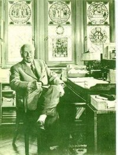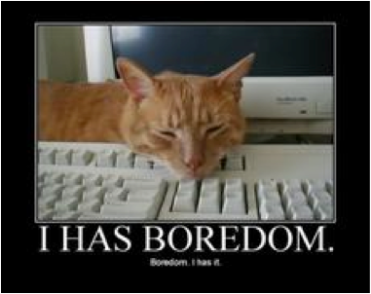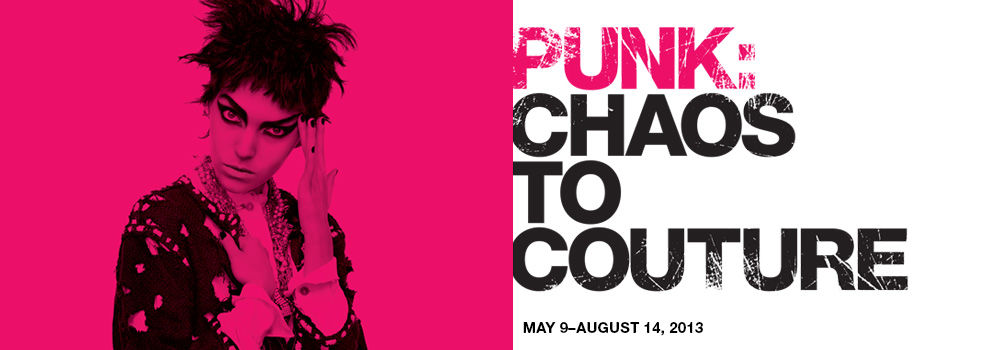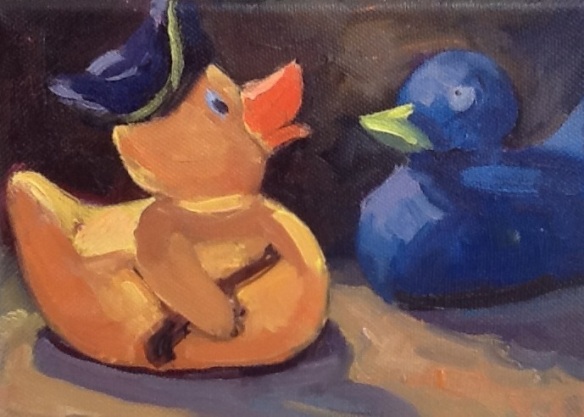Characters are born, develop, and sometimes die in our minds. They live with us and are manipulated by us. We think about them, nurture them, and care what happens to them, even if they’re evil. While writing a novel or short story, I think more about my characters than my family. Our characters portray humanity and all its flaws; they could be our sisters, brothers, parents, and friends.
With that in mind, we could all be personalities unfolding in a writer’s storyline about love and relationships, life and death.
But few of us are psychologists. As a result, we can misrepresent how the mind actually works. I’ve read books in which a psychopath develops a conscience. That never happens. Psychopaths have no conscience. Why would they care enough to develop one?
Do you know your character’s psychological make up? If not, how do you construct a character arc when some of the vital symptoms, traits, and behavioral manifestations are missing? Not only will the character and their back-story suffer from inaccurate information, but also the character will become less believable.
Most writers have known people with psychological problems. As the author Rita Mae Brown once said, “The statistics on sanity are that one out of every four Americans is suffering from some form of mental illness. Think of your three best friends. If they’re okay, then it’s you.”
The madness of the protagonist or antagonist can be, and often is, the driving force of the story. (Think about Hannibal Lecter.) To understand and label that madness is to truly know your character-type creation.
Or does it really matter? After all, we as writers can make up our own diagnosis as long as that diagnosis doesn’t spill over the boundary of believability.
Many times writers will decide when the character is born what the psychology of the character will be. Ms. A is depressed. The writer might run to the DSM V psychological diagnostic manual, and copy down the traits of depression, and then mold the character’s psychology by those traits. Ms A sleeps a lot and isn’t eating. However, in the middle of the book, she’s out of bed and feeling frisky, eating like a horse, and ready to take on the world, and exhibiting some kooky behavior, among other things.
Characters have a mind of their own, and the author can be back reading the DSM V.
The first thing I question my character about is Demographic, as I’m sure most writers do. Like my character Ariel James in my short story, “Case Study”: Ariel James, a sixteen-year-old Caucasian Jewish female, is model-tall and thin, attractive (long blond hair and hazel eyes), bright, verbal, and sexually active. She lives in an upper middle class neighborhood with her computer-programmer father (Mike), his fifth-grade-teacher girlfriend (Rho), and her eleven-year-old baseball-fanatic brother (Stu). Ariel referred herself for counseling May 7, 2012. She called and said: “I have big problems and I want to talk to someone.” I asked Ariel about her hobbies, what she likes to do on her free time, and what she does when she’s alone. From there: it’s the psycho-social: social (external), personal (internal), financial, career choices, educational, spiritual, family ties, and what is causing her stress. Then we’re on our way together toward an adventure and unique relationship. I revisit the personal feelings and social events often before I label my characters because, as you know, they can be so damn fickle.










 Painting by Adell R. Donaghue
Painting by Adell R. Donaghue